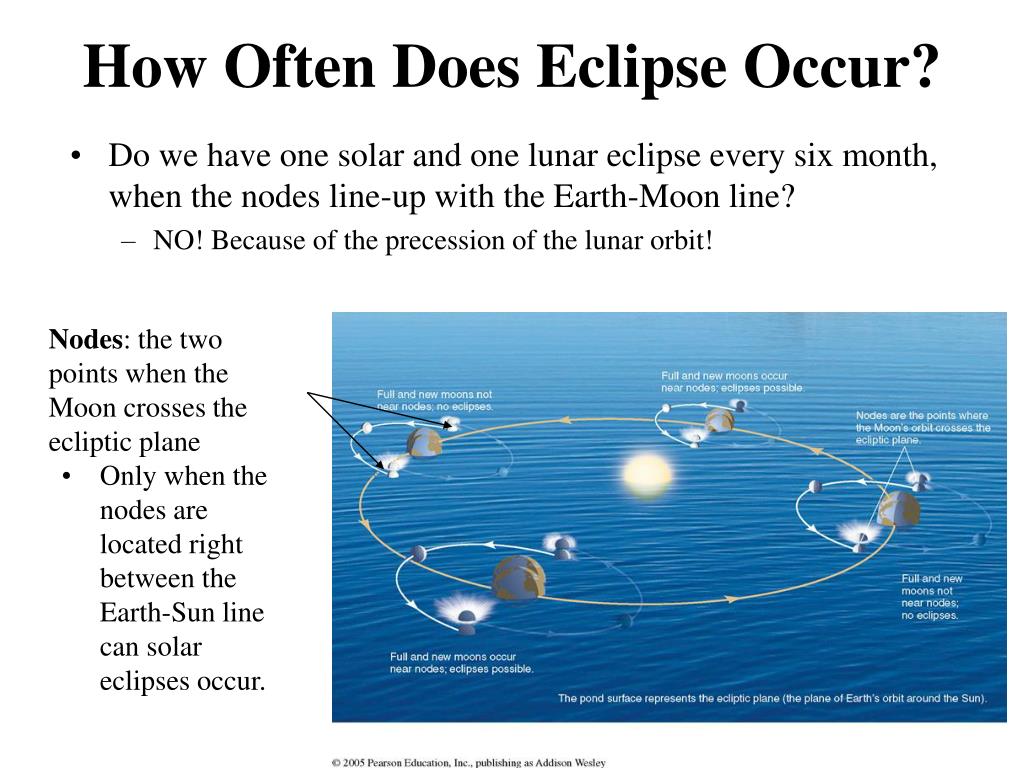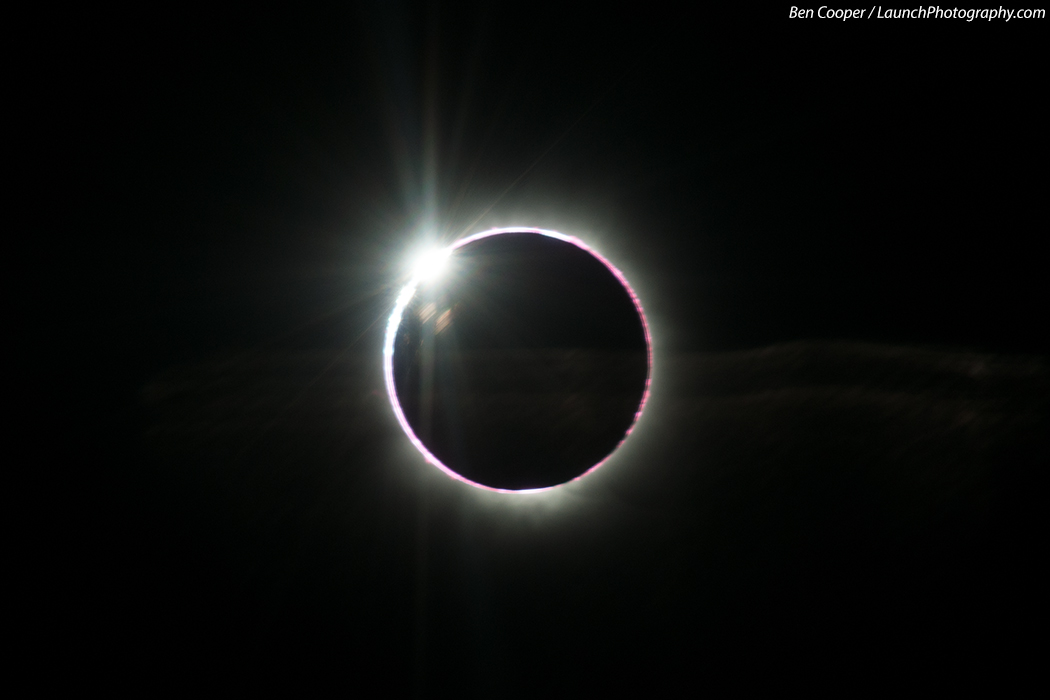Witnessing an eclipse is a breathtaking experience that captivates millions of skywatchers worldwide. The celestial dance of the sun, moon, and Earth creates a spectacle that is both beautiful and scientifically significant. If you’re wondering “what time will the eclipse happen,” you’ve come to the right place. This article aims to provide you with comprehensive information about upcoming eclipses, how to view them safely, and what makes each eclipse unique.
Key Takeaways
- Eclipses occur when the sun, moon, and Earth align, resulting in solar or lunar eclipses.
- The timing of an eclipse depends on your geographical location and the type of eclipse.
- It’s crucial to use proper eye protection when viewing solar eclipses.
- Stay updated with local astronomical societies or observatories for precise timings.
What is an Eclipse?
An eclipse is a celestial event where one celestial body moves into the shadow of another. There are two primary types of eclipses: solar and lunar. A solar eclipse occurs when the moon passes between the Earth and the sun, blocking the sun’s light either partially or completely. In contrast, a lunar eclipse happens when the Earth comes between the sun and the moon, casting a shadow on the moon.
Types of Eclipses
Understanding the different types of eclipses is crucial to knowing what to expect:
- Total Solar Eclipse: The moon completely covers the sun, and day turns into night for a brief period.
- Partial Solar Eclipse: Only a part of the sun is obscured by the moon.
- Annular Solar Eclipse: The moon covers the sun’s center, leaving a ring-like appearance.
- Total Lunar Eclipse: The Earth’s shadow completely covers the moon, often giving it a reddish hue.
- Partial Lunar Eclipse: Only a portion of the moon enters the Earth’s shadow.
- Penumbral Lunar Eclipse: The moon passes through the Earth’s penumbral shadow, causing a subtle shading.
What Time Will the Eclipse Happen?
The timing of an eclipse varies based on your location and the path of the eclipse. Here are some general guidelines to help you determine when an eclipse will occur in your area:
Check Local Listings

One of the most reliable ways to find out the timing of an eclipse is to consult local astronomical societies or observatories. They often provide detailed schedules and viewing tips for upcoming eclipses. Additionally, news outlets and weather services may broadcast information about significant celestial events.
Use Online Tools
Several online resources and mobile applications can provide precise timings for eclipses based on your geographical location. These tools often include interactive maps and real-time updates to enhance your viewing experience.
Global Eclipse Timings
While exact times vary, here are some general time frames for observing different types of eclipses:
- Total Solar Eclipses: Typically last for a few minutes, with the entire event spanning several hours from start to finish.
- Partial Solar Eclipses: Can last a few hours, with the peak occurring at the midpoint of the event.
- Total Lunar Eclipses: These can last for several hours, with totality lasting up to an hour or more.
- Partial Lunar Eclipses: Generally last a few hours, with the greatest coverage occurring at the midpoint.
How to Safely View an Eclipse
Viewing an eclipse, especially a solar eclipse, requires caution to protect your eyes. Here are some safety tips:
Solar Eclipse Viewing

- Always use eclipse glasses or a solar viewer to protect your eyes from harmful solar radiation.
- Never look directly at the sun through a camera, telescope, or binoculars without proper solar filters.
- Consider using indirect viewing methods, such as a pinhole projector, to safely observe the eclipse.
Lunar Eclipse Viewing
Lunar eclipses are safe to view with the naked eye. You can also use binoculars or a telescope to enhance your experience without any risk to your vision.
Why Eclipses Matter
Eclipses are not just visually stunning; they also hold significant scientific value. They provide opportunities for astronomers to study the sun’s corona, analyze the moon’s surface, and understand more about the dynamics of celestial mechanics. Eclipses have also played a role in historical and cultural contexts, often seen as omens or celebrated as rare celestial events.
Upcoming Eclipses
To stay updated on upcoming eclipses, consider subscribing to newsletters from reputable astronomical organizations. They often provide detailed information about the timing, path, and viewing conditions for each event.
Eclipses are awe-inspiring events that offer a unique glimpse into the workings of our solar system. By understanding “what time will the eclipse happen,” you can plan to witness these celestial wonders safely and enjoyably. Whether you’re a seasoned skywatcher or a curious novice, eclipses provide an opportunity to connect with the universe in a profound way.